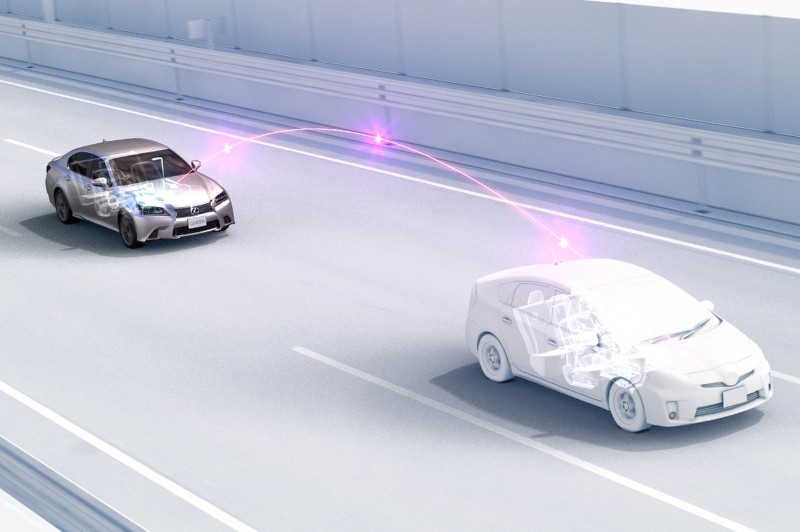Car accidents account for 1.3 million deaths a year globally and 37,000 in the U.S. alone. According to the National Highway Traffic Safety Administration, new cars equipped with wireless vehicle-to-vehicle communication could help bring this number down by 2020 with automatic braking and steering to prevent collisions, but the threat of hacking poses a major challenge in getting there.
Fortunately, automakers appear to be taking the issue seriously.
Eight automakers, including GM and Ford, have teamed up to create secure vehicle-to-vehicle communication technology. The system will use public key infrastructure (PKI) encryption for the data messages exchanged by vehicles. The encrypted messages will transfer over a modified version of Wi-Fi, called dedicated short range communications.
PKI automatically encodes and decodes digital messages while including a security credential – the same method used in online shopping. Additionally, a third party, called a certificate authority, will validate that the message originated from a vehicle. The PKI system will be set up to protect hundreds of millions of vehicles from hacking.
Connected cars using PKI encryption will broadcast data, including location and speed, "10 times a second" to cars with the same technology within 1,000 feet, said Ford's Michael Shulman to The Wall Street Journal. Shulman added the security credentials contained in the PKI encryption will change irregularly a dozen times an hour. Shulman also assured the credentials don't contain any personal information.
GM's 2017 Cadillac CTS will be one of the first consumer ready cars to include vehicle-to-vehicle communication. And the National Highway Traffic Safety Administration estimates there'll eventually be 300 million connected cars on the road 25 years after they're mandated for safety, which will make the automakers proposed security system the largest of its kind.
What are your thoughts? Do connected cars mean a safer future?
